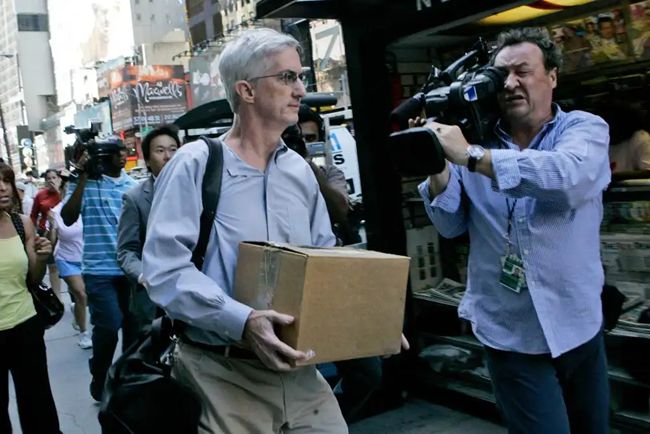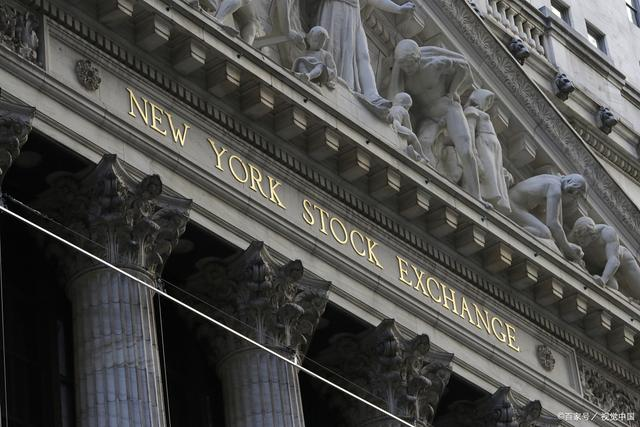Spain's "The Economist" website on July 22 published an article titled "Another "Lehman Brothers moment" is approaching? The main content of the article is as follows.
Europe is experiencing one of the most critical moments since the euro crisis in 2008. Italian Prime Minister Mario Draghi just recently resigned. He famously told the markets "I will do whatever it takes" when he was the president of the European Central Bank to save the euro. But this statement is now likely to become a trigger for instability. He resigned in disgrace after the Italian parliament refused to implement the fiscal and judicial reforms advocated by Draghi, and the far-right and Eurosceptics are likely to take the opportunity to ascend to power in the country.
Italy's public debt is close to 150 percent of gross domestic product (GDP). Moreover, the country is heavily dependent on Russian natural gas. A disruption in gas supplies from Russia would cause Italy's GDP to fall by 5%. The risk premium on Italian bonds has soared by more than 200 basis points in recent months. What is more worrying is that the economic "fire" it faces domestically may spread to other southern European countries such as Spain and Portugal, and force the European Central Bank to have to step in to "put out the fire".

If the ghost of "Lehman Brothers" reappears, then this time the fate of Europe will be in the hands of Russian President Vladimir Putin. Russia's cut-off of gas supplies will drag Europe into the abyss of recession. However, Russia is making new moves and this week restored almost half of its gas supply. Of course, this is also because Russia cannot afford to lose the considerable revenues from natural gas. What is clear is that Russia's game is to divide European countries by spreading rhetoric about the uncertainty of gas supplies at a critical time.
The energy crisis is bound to divide Europe. Without Germany's support, Europe will face an exceptionally cold winter. It is bad that the European countries have no desire to cooperate, but have the luxury that the recovery fund alone will prevent the gap between rich and poor from continuing to widen between Northern and Southern Europe, which are less affected by the epidemic.
In fact, all EU member states should fulfill their responsibilities without exception, but the way the recovery fund is allocated further deepens the divide between them.

If Putin shuts down the pipeline this winter, Italy, not Germany, will be hit hardest, despite Draghi's best efforts to plead with Algeria to double its gas exports. With a lack of natural gas, high debt and ineffective government action, Rome is a likely target for speculators should problems arise.
Wealthy northern Europe and profligate southern Europe are tearing Europe apart. To avoid the next "Lehman Brothers", not by collecting more taxes, but should be in accordance with the European Commission and the European Central Bank demanded that the fiscal plan should be rectified.
The ECB's move to raise interest rates by 50 basis points and approve an "anti-financial fragmentation" tool is a sign of its concern about soaring gas prices and risk premiums this winter. The war in Ukraine is far from over, and Putin is pushing for another "Lehman Brothers moment" to be born.

